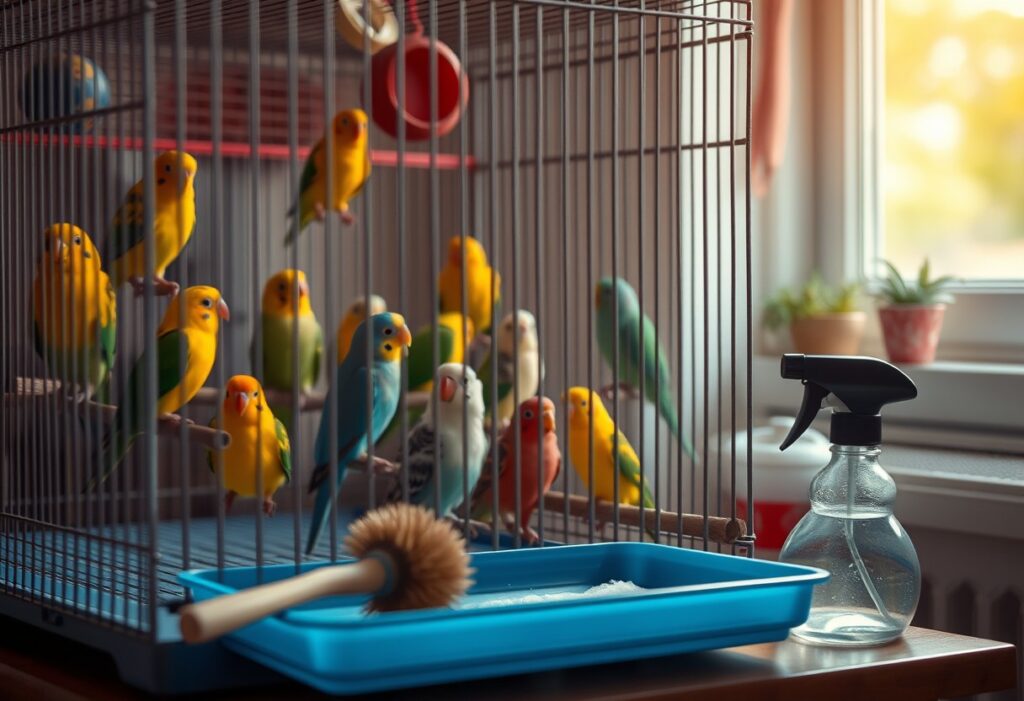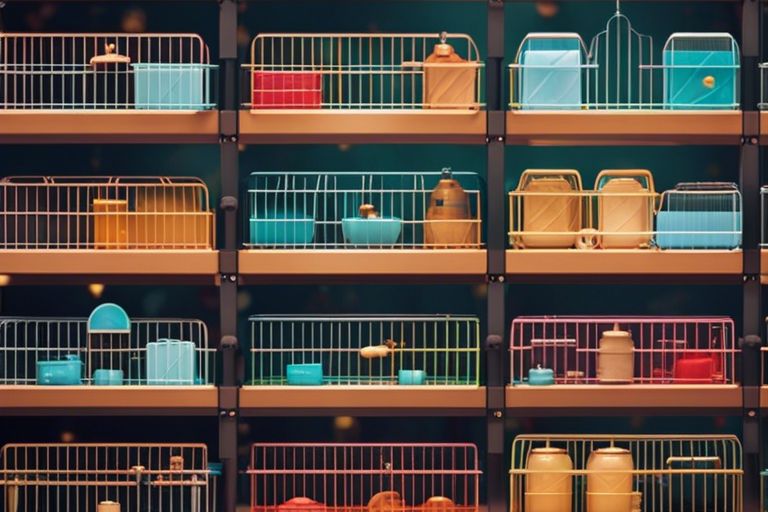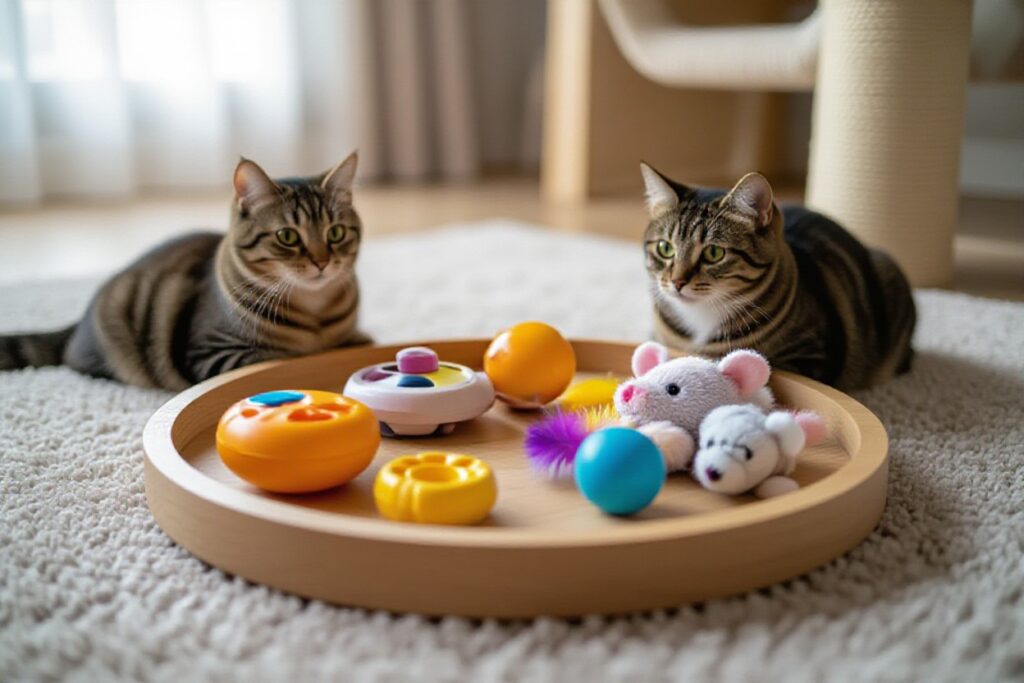Just like you, your feathered friends thrive in a clean environment, making regular cleaning important for their health and happiness. Keeping your bird’s cage spotless not only prevents harmful bacteria and parasites but also promotes a positive atmosphere for their well-being. In this post, you will discover the most effective cleaning practices to ensure your bird’s habitat is both safe and comfortable. From choosing the right cleaning supplies to establishing a routine, we’ve got everything you need to maintain a pristine cage for your beloved avian companion!
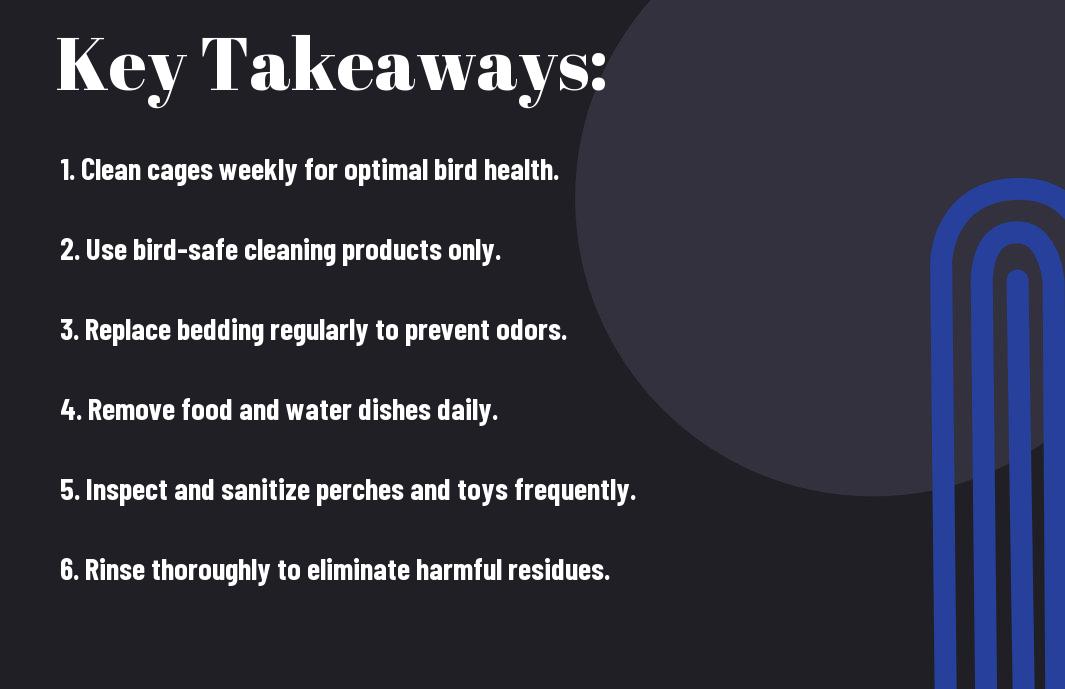
Understanding Bird Cage Cleaning
A clean bird cage is vital for the health and well-being of your feathered friends. Cleaning your bird’s home is not just about aesthetics; it directly impacts their quality of life. The accumulation of droppings, uneaten food, and debris can lead to harmful bacteria and parasites that may pose a serious threat to your bird’s health. It’s important to adopt a regular cleaning routine to mitigate these risks and create a safe environment for your pet.
Importance of Cleanliness
Cleanliness is a crucial aspect of caring for birds, as it promotes their physical and mental well-being. A dirty cage can lead to the growth of mold, bacteria, and pests, which can trigger illness and stress in birds. By maintaining a clean habitat, you not only protect your pet from illness but also contribute to its overall happiness and longevity. Moreover, cleaning the cage regularly helps create a positive living space where your bird can thrive.
Regular cleaning routines can also give you insight into any potential health issues your bird may have. For example, changes in droppings or the presence of excessive debris can signal a problem that requires your attention. Thus, cleanliness plays a multifaceted role in enhancing your bird’s life and your ability to care for it effectively.
Types of Bird Cages
Bird cages come in a variety of styles, each catering to different species and needs. Understanding the differences is important for choosing the right cage for your bird’s lifestyle. Here are some common types:
| Type | Description |
| Budgie Cages | Designed for small birds with horizontal bars to promote climbing. |
| Flight Cages | Spacious cages that mimic an open environment, ideal for larger birds. |
| Suspended Cages | Cages designed to hang from ceilings, saving floor space. |
| Travel Cages | Portable cages that prioritize safety and ease of use. |
| Breeder Cages | Special cages designed for breeding birds, often with nesting areas. |
As you assess the best options for your birds, consider factors like space, ventilation, and accessibility. Each type of cage can serve different functions and may impact your bird’s daily life significantly. Make sure to select a cage that not only complements your bird’s size and behavior but also provides ample room for them to thrive.
- Budgie Cages are particularly suitable for parakeets and small birds.
- Flight Cages are important for birds requiring more wing space.
- Suspended Cages help conserve room in small spaces.
- Travel Cages ensure your bird’s safety during trips.
- Breeder Cages are optimal for birds that you intend to breed.
Perceiving the ideal cage type is pivotal in ensuring that your avian companions live a happy and healthy life. Select wisely to create a nurturing environment.
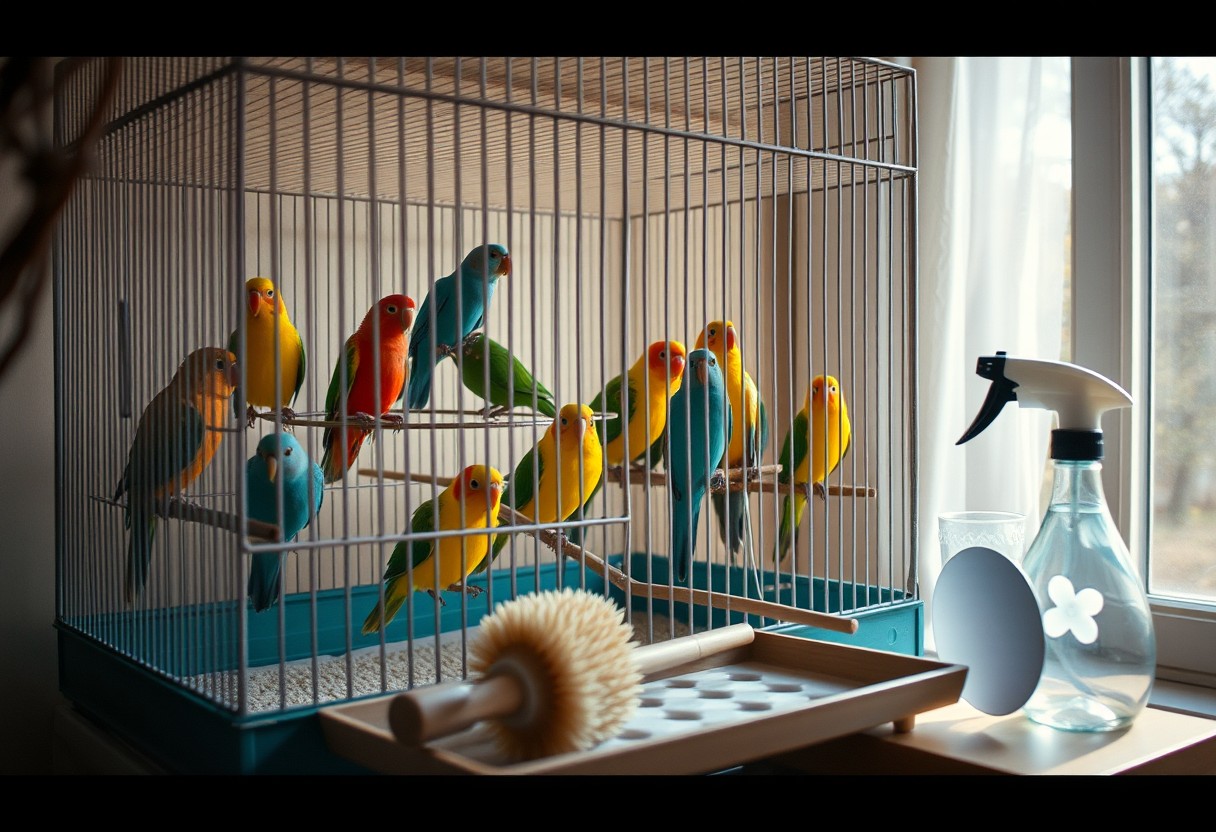
Essential Cleaning Supplies
Some of the key components to having a well-maintained bird cage include understanding which cleaning supplies are indispensable for the task. Your supplies need to be both effective and safe for your feathered friends. To start, you should ensure that you have a variety of cleaning agents tailored to the needs of your bird cage. Each product must be evaluated carefully to avoid any potential health hazards for your pets.
Safe Cleaning Agents
Cleaning agents play a crucial role in keeping the cage pristine, but they can also pose risks if not chosen wisely. Look for natural, non-toxic cleaners that are effective against dirt and grime but gentle on your bird’s respiratory system. Products containing vinegar, baking soda, or mild dish soap are excellent choices as they can effectively eliminate bacteria without releasing harmful fumes into the air.
Remember to avoid any cleaners with strong fragrances, bleach, or other harsh chemicals. These substances can not only irritate your bird’s sensitive respiratory system but could also be absorbed through their skin or ingested. Always read the labels to ensure safe usage around your pets.
Tools for Effective Cleaning
One of the most important aspects of cleaning your bird cage effectively is having the right tools at your disposal. Invest in high-quality cleaning supplies like scrub brushes, sponges, and non-abrasive cloths. Each tool should be specifically designated for the bird cage to prevent cross-contamination with other areas of your home. Furthermore, consider utilizing a small vacuum designed to pick up feathers and seed husks, making the cleaning process quicker and more efficient.
Essential tools not only help in maintaining cleanliness but also make your routine much easier. Items such as a sturdy plastic scraper can help to get into the nooks and crannies of the cage, while a sturdy bucket can ensure you’re prepared to collect waste effectively as you clean. By having appropriate tools, your cleaning sessions will be streamlined, allowing you to focus more on caring for your pet.
Protective Gear for the Cleaner
On top of having the right cleaning supplies and tools, don’t overlook the importance of wearing appropriate protective gear while you clean. Gloves should be your first line of defense; they safeguard your hands from chemicals and bacteria that could be present in your bird’s environment. Depending on your sensitivity, consider using a mask to cover your mouth and nose, particularly if you’re dealing with dust or mold when cleaning.
With the right protective gear, you ensure that your cleaning routine is both effective and safe for yourself. Eye protection is also advisable, especially if you are scrubbing hard-to-reach areas where debris may fly around. Prioritizing your safety while cleaning will not only protect you, but it will also provide peace of mind knowing that you are creating a safe space for your cherished pet. Always remember: a clean cage is key to a happy and healthy bird!
Step-by-Step Cleaning Procedures
Not every cleaning process is the same, but following a specific routine will ensure that your bird’s habitat remains safe and healthy. Below, you will find a straightforward guide to help you navigate through daily, weekly, and monthly cleaning tasks for your bird cage.
| Cleaning Task | Frequency |
|---|---|
| Remove food and water dishes, clean and refill. | Daily |
| Spot clean perches and toys. | Daily |
| Wash food and water dishes with soap and water. | Daily |
| Check for droppings and clean cage bottom. | Daily |
| Replace cage liner or paper. | Weekly |
| Deep clean the entire cage with bird-safe products. | Weekly |
| Inspect and clean toys thoroughly. | Monthly |
| Disinfect food bowls and water bottles. | Monthly |
Daily Maintenance Tasks
The daily maintenance of your bird cage is crucial in maintaining a healthy environment for your avian friend. Begin by removing the food and water dishes, washing them with mild soap, and refilling them with fresh supplies. Also, check the cage for any droppings that may have accumulated and promptly remove them to minimize odors and bacteria buildup.
Additionally, spot cleaning perches and toys helps to keep your bird’s living area safe and sanitary. If you notice any signs of mold or wear on toys, consider replacing them to ensure your bird’s safety. Daily inspections help you monitor your bird’s health, ensuring any issues are addressed promptly.
Weekly Deep Cleaning Routine
Routine deep cleaning once a week is imperative for more comprehensive maintenance beyond daily tasks. This involves removing all items from the cage, including toys and perches, and thoroughly cleaning the entire space. Use a bird-safe cleaner to wipe down all surfaces. Be sure to rinse and dry everything before replacing them back in the cage.
Alongside comprehensive cleaning, it’s a great time to replace your bird cage liner or paper, ensuring a fresh and clean environment for your pet. Regularly changing the liner can prevent the buildup of harmful bacteria and unpleasant odors.
Understanding your bird’s habitat helps in recognizing the importance of a weekly deep clean. It not only creates a welcoming environment but also safeguards your bird’s health, enhancing their overall well-being and happiness.
Monthly Thorough Cleaning
One of the most important parts of keeping your bird’s living space clean is monthly thorough cleaning. This includes inspecting and sanitizing all toys, perches, and any accessories. Monthly cleaning helps you to identify wear and tear in toys that could pose risks, ensuring all items are safe for your bird to use.
Moreover, washing and disinfecting food bowls and water bottles are critical to prevent any bacteria growth that could lead to illness. Make sure to use a dedicated cleaning cloth for these items, avoiding cross-contamination with other surfaces in your home.
Daily maintenance and attentive monthly cleaning can lead to a significantly healthier and more enriching environment for your beloved bird, promoting longevity and happiness in their life. By adhering to these routines, you will help create a sustainable habitat that properly supports your pet’s needs.
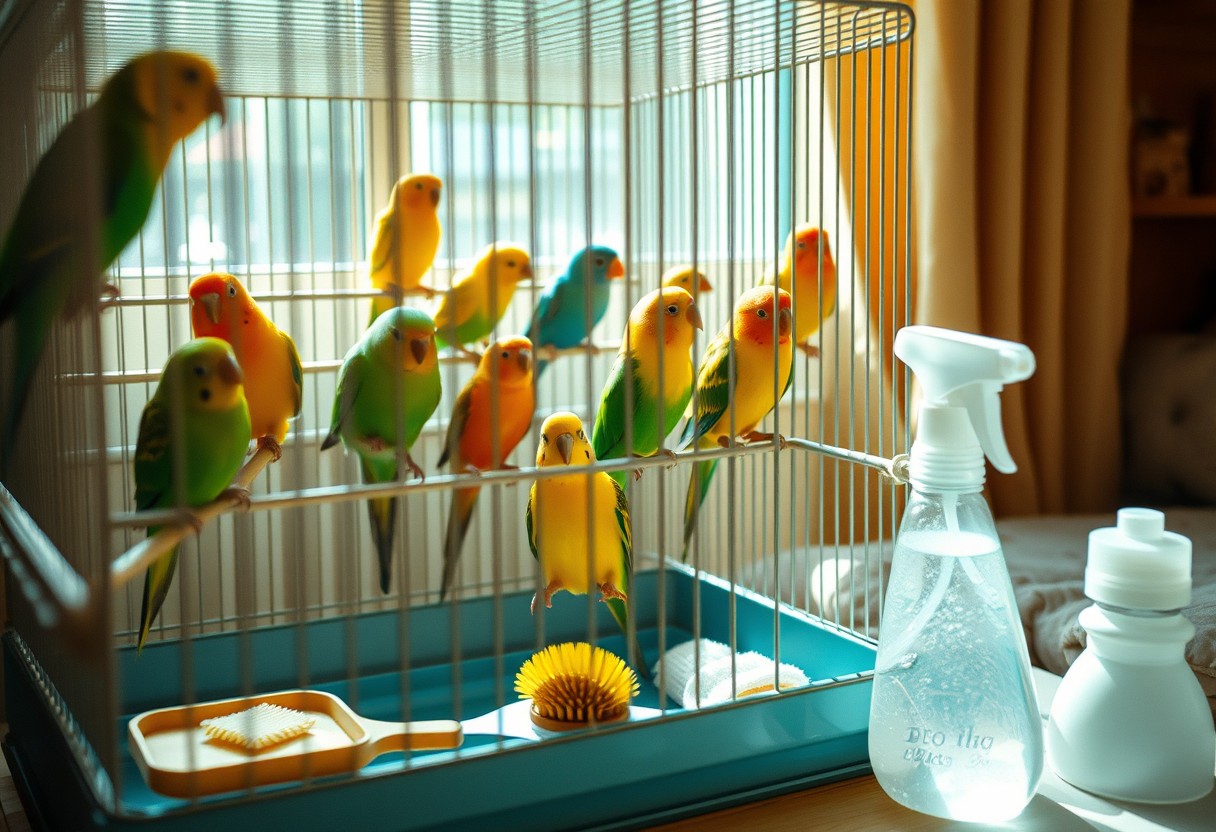
Preventative Measures
After you have invested in a suitable bird cage, it’s necessary to incorporate preventative measures to ensure a cleaner environment for your feathered friends. These practices not only help keep your bird’s home tidy but also contribute to the overall health and happiness of your pet. Simple adjustments can greatly reduce the frequency of thorough cleanings, providing both you and your bird with a more pleasant atmosphere.
Tips to Reduce Mess
Implementing a few tips to reduce mess will make a significant difference in how often you need to clean your bird’s cage. Start by placing your bird’s cage in a location that minimizes the accumulation of debris in common areas. Using a drip tray at the base can help catch any stray food or droppings. Additionally, consider covering the cage with a breathable cover during the evening; this could help to contain messes that occur overnight.
- Invest in a high-quality cage liner that absorbs droppings.
- Feeding your bird using feeder bowls with a raised edge can limit scatter.
- Regularly trim your bird’s nails to reduce the amount of material that gets stuck in their environment.
- Choose non-messy food options that are less likely to create waste.
Knowing these simple yet effective strategies can lead to a more manageable cleaning routine and a happier home for your pet.
Choosing the Right Cage Location
Cage placement is a critical factor in maintaining a clean space. You should ideally place your bird’s cage in an area that is easy for you to access yet out of high-traffic zones in your home. A location with good airflow will help dissipate any odors, while a spot that is somewhat separated from seating areas can reduce the chance of spills and messes reaching your floors and furniture.
The closer your bird’s cage is to the ground, the more mess you’ll likely encounter. Elevating the cage can minimize the spread of seeds and droppings while also keeping your bird safe from any household hazards. It’s also beneficial to keep the cage away from areas where it might encounter direct sunlight for extended periods, as excessive heat can harm tropical birds and promote bacterial growth in uneaten food.
Maintaining Hygiene between Cleanings
An necessary component of preventative care for bird cages is maintaining hygiene between cleanings. Regularly removing uneaten food, replacing water, and cleaning perches and toys can significantly reduce odors and the growth of harmful bacteria. You should aim to perform these quick maintenance tasks daily or every few days, depending on your pet’s activity level and cage size. This practice not only helps the overall cleanliness of your bird’s environment but also benefits your pet’s health by preventing the growth of harmful bacteria.
For instance, using a safe, bird-friendly disinfectant on toys and perches during your regular checks will ensure that any lingering germs are eliminated. Additionally, keeping a small bin nearby for immediate disposal of waste will help maintain an organized and healthy environment for your bird. Consistent attention to these details will not only lighten your cleaning load overall but also promote a happy, healthy existence for your feathered companion.
Summing up
Considering all points, maintaining your bird’s cage with the best cleaning practices is imperative for providing a healthy and safe environment for your feathered friend. Regular cleaning not only minimizes the risk of infections or diseases but also promotes your pet’s overall well-being. You should establish a consistent cleaning schedule, preferably using bird-safe cleaners to eliminate harmful bacteria without putting your bird at risk. Remember to clean food and water dishes daily, and perform a deep clean of the cage at least once a week, ensuring to remove any stuck debris, feathers, or droppings.
Additionally, whenever you clean your bird’s cage, take the time to inspect the integrity of the cage itself. Check for any signs of wear, rust, or damage to ensure that your bird remains secure. By prioritizing these cleaning practices, you not only enhance your bird’s living conditions but also strengthen your bond with them as they thrive in a clean and organized space. Ultimately, your diligence in following these best practices will lead to a happier, healthier bird that feels more at home in your care.
FAQ
Q: Why is it important to clean a bird cage regularly?
A: Regular cleaning of a bird cage is crucial for the health and well-being of your bird. Over time, uneaten food, waste, and feathers can accumulate, creating an environment conducive to bacteria, mold, and parasites. These can lead to respiratory issues and other health problems for your feathered friend. Additionally, a clean cage contributes to the overall mental health of your bird, allowing it to feel more secure in a tidy space. Cleaning the cage regularly – ideally on a daily basis for spot cleaning and a deeper clean weekly – helps to maintain a hygienic living environment that promotes your bird’s happiness and longevity.
Q: What are the best cleaning supplies to use for bird cages?
A: When cleaning a bird cage, it’s important to choose safe and effective cleaning supplies. Mild, non-toxic dish soap mixed with warm water is generally a good choice for most surfaces. Avoid strong chemicals such as bleach, ammonia, or any cleaners that contain harsh fragrances or dyes, as they can be harmful or even fatal to birds. Additionally, using a scrub brush or sponge that can reach all corners of the cage is necessary to remove built-up grime. For a complete sanitization, consider using a bird-safe disinfectant that is specifically formulated for pet environments. Always rinse the cage thoroughly after cleaning to ensure no soap residue remains.
Q: How can I maintain my bird’s cage between deep cleanings?
A: Maintaining your bird’s cage between deep cleanings involves a combination of daily and weekly tasks. Daily maintenance includes removing any uneaten food, replacing soiled bedding, and cleaning food and water dishes to prevent bacterial growth. Spot cleaning the cage’s perches and surfaces with a damp cloth can also help keep things tidy. Weekly, conduct a more thorough cleaning by washing the entire cage with soap and water, replacing bedding, and inspecting toys and accessories to ensure they are clean and in good condition. Rotating toys regularly not only keeps the cage looking fresh but also provides mental stimulation for your bird. Keeping up with these maintenance tasks will help minimize dirt and bacteria buildup, creating a healthier environment for your pet.
